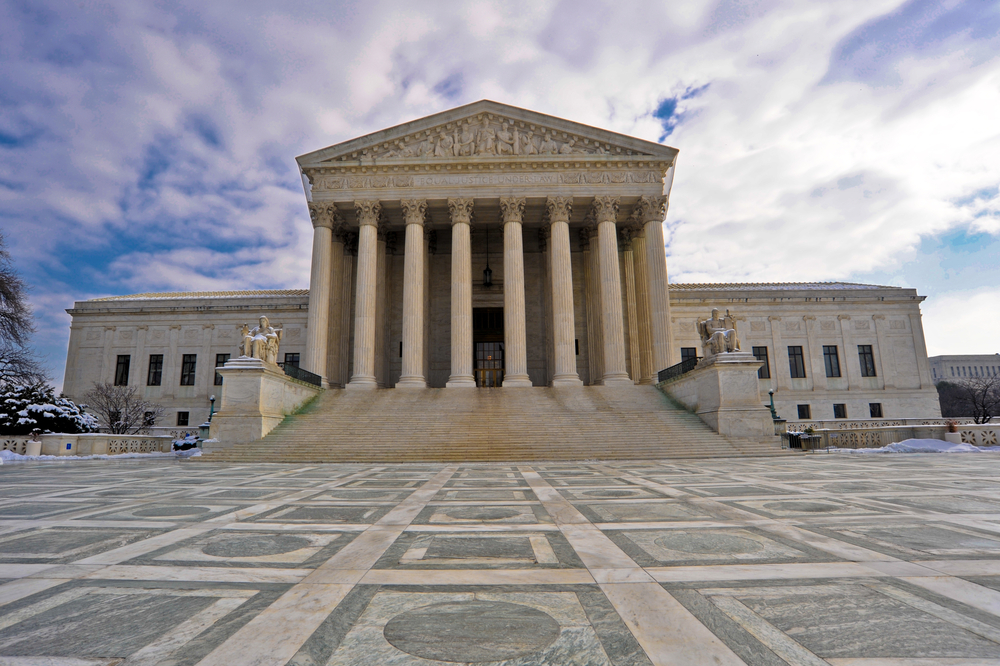The Supreme Court announced on Monday that it will hear a case on whether or not prayer may be offered at government meetings. The justices agreed to determine if an upstate New York town council violated the Constitution’s Establishment Clause by beginning meetings with prayers invoking “Jesus,” “Jesus Christ,” “Your Son” and “the Holy Spirit.”
As reported by USA Today:
The religious expression case, which comes to the court from the town of Greece, N.Y., focuses on the first 10 words of the First Amendment, ratified in 1791: “Congress shall make no law respecting an establishment of religion.”
That Establishment Clause was violated, the Second Circuit Court of Appeals ruled last year, when the Greece Town Board repeatedly used Christian clergy to conduct prayers at the start of its public meetings. The decision created a rift with other appeals courts that have upheld prayer at public meetings, prompting the justices to step in.
Alliance Defending Freedom, an Arizona-based Christian non-profit group, appealed the case to the Supreme Court. It is supported in separate briefs by 49 mostly Republican members of Congress and 18 state attorneys general.
In a press release entitled “Prayer will be heard on high,” the group noted the high court affirmed the practice of prayer before public meetings in the 1983 case Marsh v. Chambers, in which it cited an “unambiguous and unbroken history” of such prayers.
David Cortman, a lawyer for the town, said in a statement that prayer at council meetings is consistent with a longstanding tradition of prayer at government functions: “Americans today should be as free as the founders were to pray,” he said. “The founders prayed while drafting our Constitution’s Bill of Rights.”
Executive director of Americans United for Separation of Church Rev. Barry W. Lynn countered in a statement that the Supreme Court should ban prayer in all government settings: “A town council meeting isn’t a church service, and it shouldn’t seem like one,” he said. “Government can’t serve everyone in the community when it endorses one faith over others. That sends the clear message that some are second-class citizens based on what they believe about religion.”

